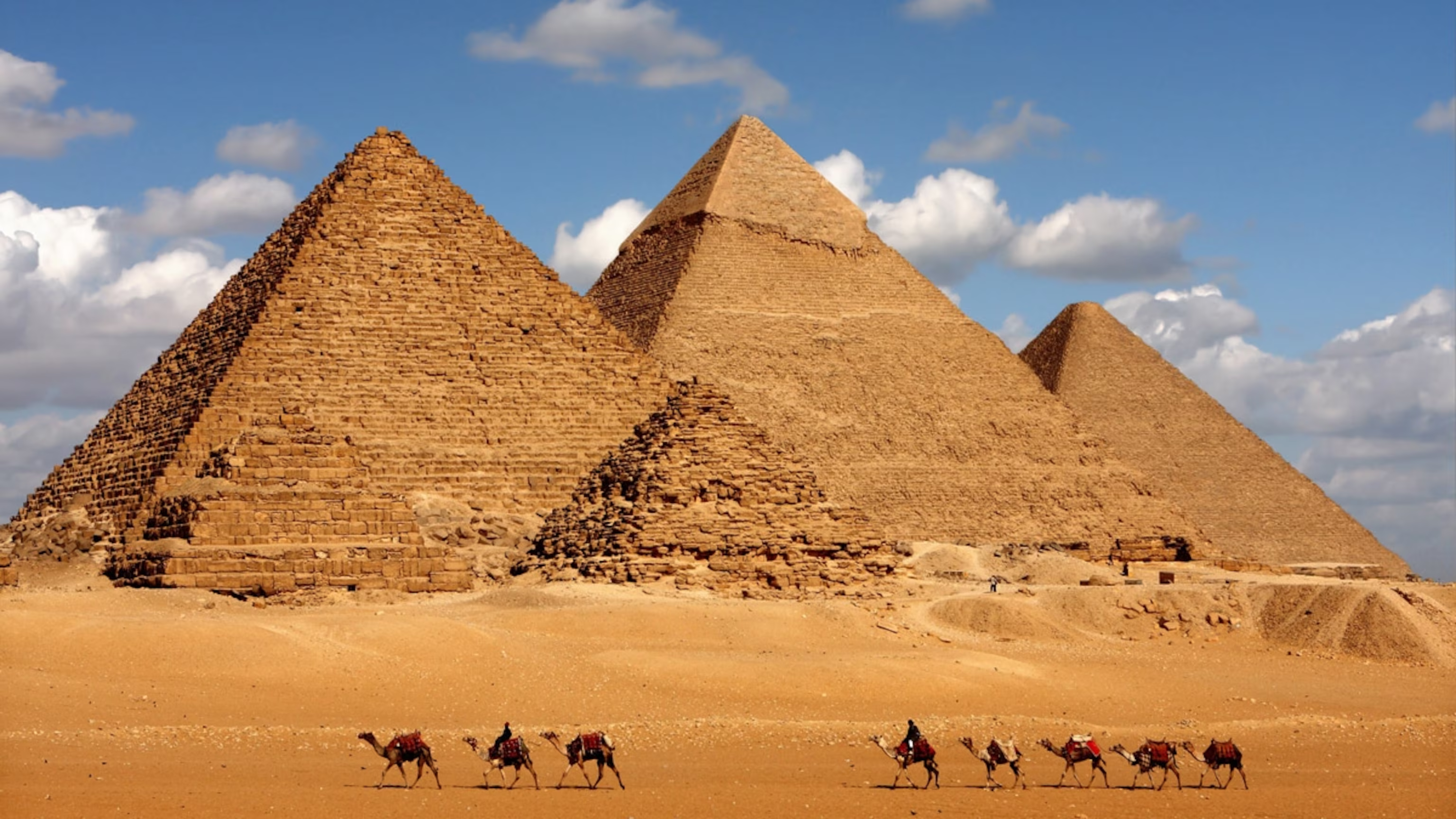Egyptian culture is one of the oldest and richest in the world, blending thousands of years of history with modern influences that continue to shape daily life.
Known as the “Cradle of Civilization,” Egypt has contributed greatly to art, science, religion, and human progress.
Today, Egyptian culture reflects a vibrant mixture of ancient traditions and contemporary lifestyles, making it a unique subject of global fascination.
Ancient Roots of Egyptian Culture
Egyptian culture cannot be separated from its Pharaonic heritage.
The legacy of the ancient Egyptians—pyramids, temples, hieroglyphics, and monumental art—remains central to the country’s identity.
These structures were not just symbols of power but also representations of spirituality, science, and architectural genius.
Ancient Egyptians placed deep importance on religion, life after death, and cosmic balance, values that continue to influence aspects of Egyptian traditions today.
Language and Literature
Arabic is the official language of Egypt, and Egyptian Arabic, or Masri, is the most widely spoken dialect.
It has influenced other Arab countries through cinema, music, and literature.
Egypt has a long literary tradition, from ancient hieroglyphic texts to medieval Islamic scholarship, and modern writers like Naguib Mahfouz, the Nobel Prize-winning novelist who captured the essence of Egyptian society in his works.
Poetry and storytelling remain vital parts of cultural expression, handed down from generation to generation.
Religion and Spiritual Life
Religion plays a significant role in Egyptian society.
The majority of Egyptians are Muslim, predominantly Sunni, while Christians, mostly Coptic Orthodox, form the largest religious minority.
Both communities contribute to the nation’s cultural fabric through holidays, traditions, and places of worship.
The call to prayer, church bells, and religious festivals are part of everyday Egyptian life, reflecting both diversity and shared values.
Food and Culinary Traditions
Egyptian cuisine is another vital expression of culture, offering a taste of history and community.
Staple dishes include koshari (a mix of rice, pasta, lentils, and tomato sauce), ful medames (mashed fava beans), and molokhia (green soup made from jute leaves).
Food in Egypt often symbolizes hospitality, and meals are occasions for family gatherings and social bonding.
Bread, known as aish baladi, is considered sacred and an essential part of almost every meal.
Music, Dance, and Art
Egypt is the heart of Arab music and cinema.
From the legendary singer Umm Kulthum to modern pop stars, Egyptian music has long dominated the Middle East.
Traditional folk music, using instruments like the oud and tabla, remains popular, especially at weddings and festivals.
Belly dancing, known locally as raqs sharqi, is an iconic Egyptian art form that has gained international recognition.
Egyptian cinema, particularly from the 20th century, is also considered the golden age of Arab film.
Family and Social Values
Family is the cornerstone of Egyptian society.
Respect for elders, close-knit family ties, and strong community bonds are deeply rooted cultural values.
Hospitality is highly regarded; guests are often welcomed warmly with food, tea, and conversation.
Social life revolves around family gatherings, religious events, and celebrations like weddings, which are often large and festive occasions.
Modern Egypt: A Blend of Tradition and Change
Today, Egyptian culture stands at the crossroads of tradition and modernization.
Urban centers like Cairo and Alexandria showcase a mix of global trends and traditional lifestyles.
Youth culture, influenced by technology, social media, and global fashion, is reshaping norms while still maintaining strong connections to cultural roots.
Despite economic and social challenges, Egyptians remain known for their resilience, humor, and creativity.
Conclusion
Egyptian culture is a living testament to history, faith, and resilience.
From the wonders of the pharaohs to modern music, literature, and cuisine, it continues to influence both regional and global culture.
What makes Egyptian culture truly unique is its ability to preserve ancient traditions while embracing new ideas, creating a society that is both deeply historical and dynamically modern.

